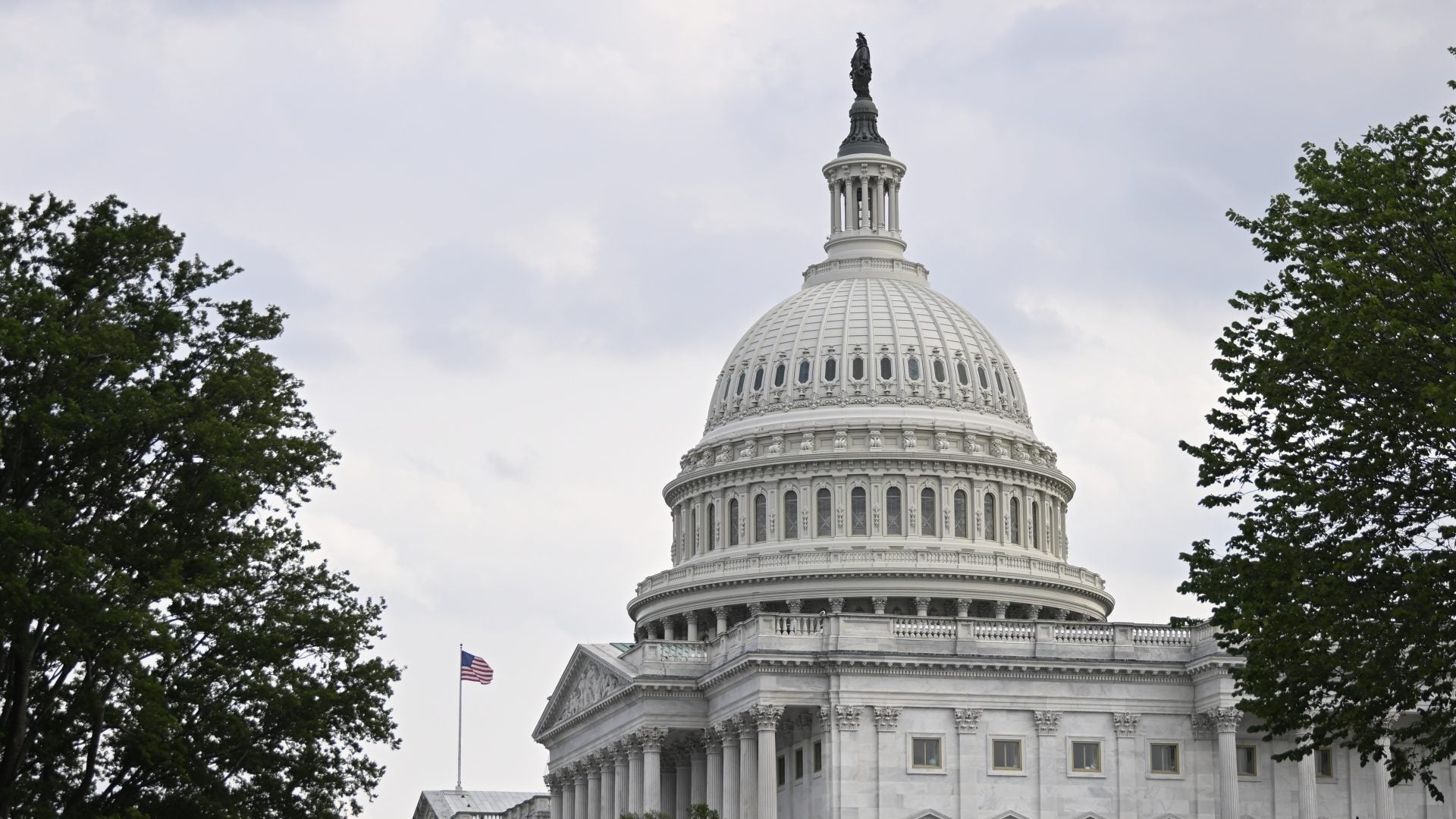
Only three Black women have ever served in the U.S. Senate since it was established in 1789.
That could change this year if Rep. Barbara Lee of California, Rep. Lisa Blunt Rochester of Delaware and Prince George County, Maryland Executive Angela Alsobrooks and Rep. Lisa Blunt Rochester win their elections in 2024.
Lee, Rochester, and Alsobrooks are aiming to not only beat the current record but double it. “It’s about what we bring, what we bring as Black women, that has never been part of the consistent policy debate in the United States Senate, and it’s time,” said Lee on an ABC News segment.
“I have been in the House for many years. But it’s time for me to go to the Senate to be one of 100 because I truly believe that the perspective that I bring, the lens that I bring, is lacking in the United States Senate,” Lee continued.
It was just last year that Laphonza Butler was appointed to the Seanate after the death of Dianne Feinstein in California. In 2017, then Senator Kamala Harris started her four year term before leaving the role when she became Vice President. That was 24 years after Carol Moseley Braun became the first Black woman Senator representing the state of Illinois for one term in the 1990s.
“I think about the little girls, I think about those women who have been widowed or who are over 50,” Blunt Rochester stated. “For me to be able to represent and bring those lived experiences, the professional experiences, the policy issues. I mean, we know that Black women die from childbirth more than their white counterparts [and] have 43% more student loan debt than our white counterparts.”







“I don’t really think about the history so much because, you know, my intention is to make a difference and to have an impact on people’s lives,”said Blunt Rochester, “And should there be a history ma-king moment, that’s great.”
How realistic is it for all three to be elected? According to Karlos Hill, University of Oklahoma’s chair of African-American studies, “Black candidates can compete and win competitive statewide races if they are able to effectively mobilize the Black electorate.”
“If the momentum created by Abrams and Warnock’s recipe for mobilizing the Black electorate can be sustained, we could begin to see more Black representation in the US Senate,” Hill continued. “Only time will tell.”






